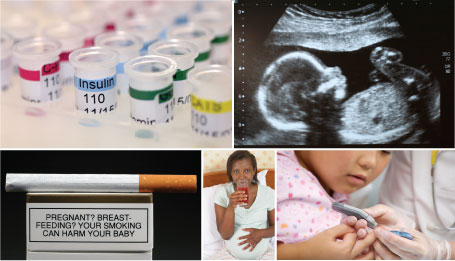
Non-communicable diseases (NCDs), particularly cardiovascular disease, diabetes, cancer and obstructive lung disease, cause 35 million deaths each year, which account for 60% of all deaths globally. Eighty percent of these deaths occur in low and middle-income countries. NCDs are rapidly increasing—WHO estimates a 17% increase over the next decade globally, with a 27% increase in Africa, 25% in the Eastern Mediterranean and the highest number of deaths in the Western Pacific and South-East Asia.
NCDs constitute a serious threat to human productivity, a substantial economic burden and a major challenge to the fabric of society in many parts of the world. There are several components to the increase in NCDs: lifestyle change with socio-economic improvement, reductions in infectious disease and changing population structure with increased life expectancy and falling birth rates. Overall, the global public health burden is shifting rapidly towards NCDs, especially in the developing world where it may magnify the economic dependency of low-income countries.
It is now recognised that prevention of NCDs requires a life-course approach starting in early life, since interventions in adults may come too late. NCD prevention was not part of the Millennium Development Goals, a point stressed by WUN members in advocacy work at several levels. The Political Declarations of the UN General Assembly on the Prevention and Control of NCDs (2011) recognised the importance of the lifecourse approach, as does the WHO Global Action Plan on the Prevention of NCDs 2013-2020 and the UN Global Strategy for Women’s, Children’s and Adolescent’s Health (2015).
NCD prevention is a key theme of the Sustainable Development Goals. Given the considerable research in public health, epidemiology, underlying mechanisms and biomarkers, and translational clinical medicine being undertaken in WUN institutions, we have been able to present a concerted view on the prevention of NCDs. In recent years this group has met in Shanghai, Cape Town and Hong Kong as well as in Southampton and Washington DC. In partnership with WHO we are developing concepts on the role of development in the life course approach to healthy ageing.
Selected outcomes
- Seven research papers published in 2014.
- WUN Joint 4th Public Health/Responding to Climate Change Global Challenge Conference, March 2014.